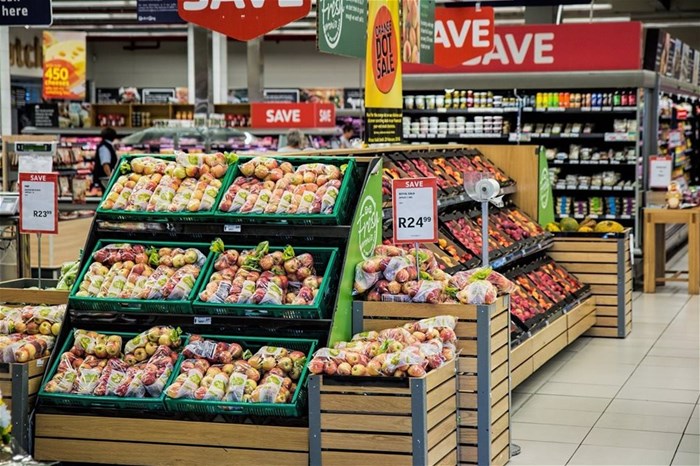
Top stories






More news

Marketing & Media
Ads are coming to AI. Does that really have to be such a bad thing?















Wider industry data had showed lacklustre sales over November, fuelling concerns that demand might have weakened into the 2023 festive season, with some of the country's biggest names in retail reporting in the last two weeks slower sales growth in the Christmas quarter.
However, December sales growth of Woolworths, TFG, and Mr Price accelerated, with the latter reporting a 15.5% growth in group retail sales in that month vs 9.9% in the quarter ended 30 December 2023.
Households are spending less, especially on clothes, upmarket fashion retailer Woolworths said last month, and on furniture, appliances and electronics, as high interest rates and inflation reduce disposable income.
Retailers have been cautious about giving up too much margin, with discounts offered to lure holiday shoppers not steep compared to 2022 as they sold a lot of clothes on full price.
Sasfin Wealth senior equity analyst Alec Abraham noted that this measured approach by retailers suggests that they "believe the consumer market to be so weak that discounting products will not be rewarded by a sufficiently large uptick in volumes, to drive total revenue growth."
"So instead, the retailers have sought to protect their margins for the coming 'storm'".
Paul Steegers, senior equity research analyst at Nedbank said while its not against a very strong bullish backdrop, he "sees prospects of better growth for retailers this year" on the back of lower interest rates, slightly lower food inflation and better GDP growth.
"So maybe in the second half we start seeing small upticks in the more durable areas, the high ticket items, but the growth in those areas is still going to lag the more defensive categories of food, pharmacy and perhaps apparel."
The central bank paused its interest rate hiking cycle in July for the first time since November 2021 but has not cut them since COVID. Nedbank economists expect rates to go lower from May.
Core inflation is also decelerating.
"The most significant risk to retail growth at this stage is ongoing local supply chain disruptions that have impacted merchandise deliveries of retailers in the quarter," adds Stephan Erasmus, investment analyst at Anchor Capital.
This he said could lead to higher costs and potential sales losses for retailers.

Reuters, the news and media division of Thomson Reuters, is the world's largest multimedia news provider, reaching billions of people worldwide every day.
Go to: https://www.reuters.com/